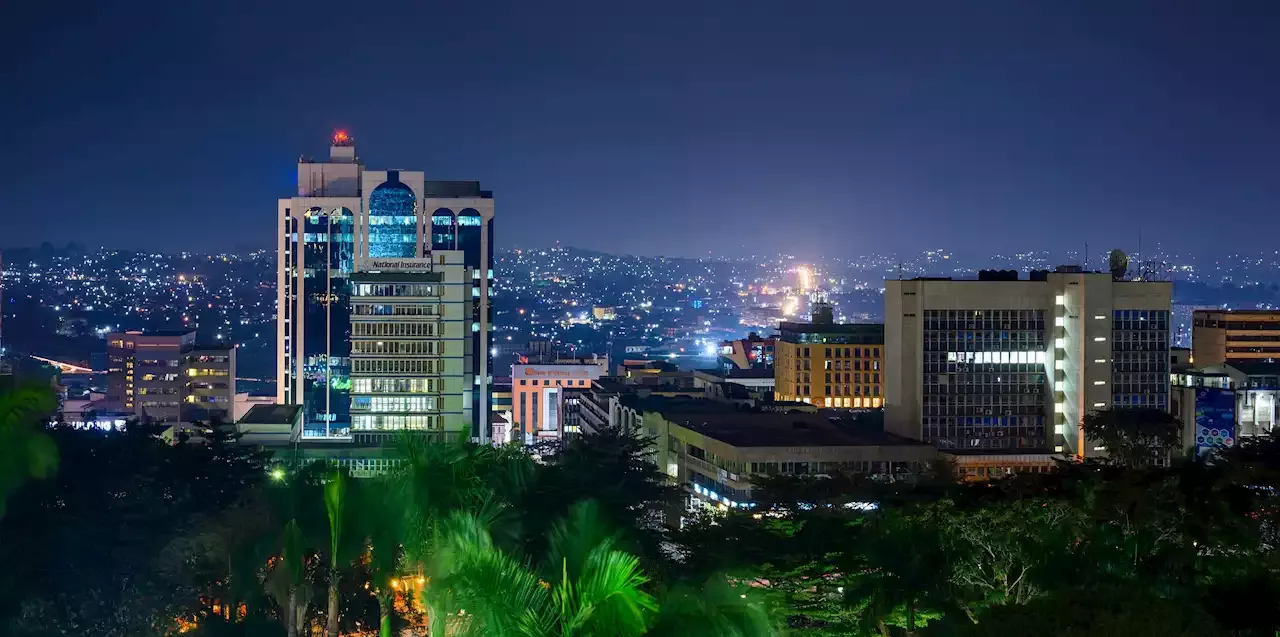Under the Paris Agreement, which came into force in 2016, countries agreed to reduce their greenhouse gas emissions and work together to adapt to the effects of climate change. To act on this, and codify their individual commitments, each country submitted its so-called Nationally Determined Contribution.
The current architecture of the institutions and funds that provide climate finance is, however, not designed to work at a sub-national level. Therefore across the globe, cities are being left out. This situation is even more pertinent for African cities as Africa is both the fastest urbanising continent in the world and among the most vulnerable to climatic change. Yet the continent is receiving, by far, the lowest climate finance flows overall.
Cities are receiving only a trickle of this money. The reason is that the global climate finance architecture is biased towards national and regional institutions. This prevents cities from accessing it easily. Loans also are likely to exclude funding many of the public services and infrastructures that cities are required to provide. These may not generate the economic returns needed to attract this form of finance.
